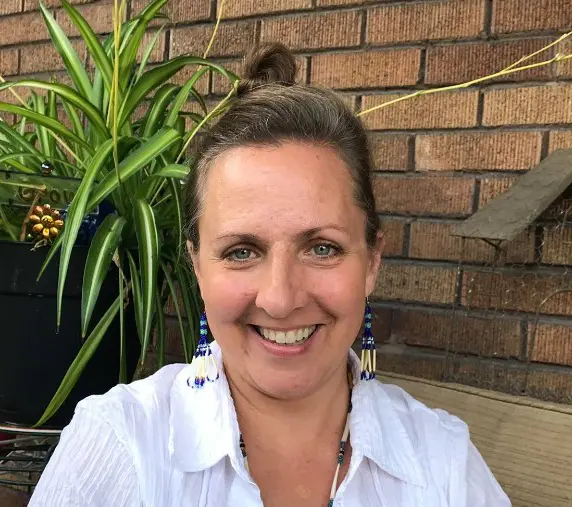Literacy instruction includes the most current theory and practice in literacy education, and is designed to develop highly qualified literacy educators.
Literacy abilities are the foundation of contemporary B-12 schooling and for most current careers, yet many students struggle to attain the expected literacy benchmarks. Even though many dedicated educators have guided students in acquiring strong literacy skills, students still need more effective literacy teachers to help them reach these achievement goals.
To this end, Niagara University’s master’s degree program in literacy instruction includes the most current theory and practice in literacy education and is designed to develop highly qualified literacy educators who can guide B-12 students to excellence in literacy. Students gain professional skills and knowledge in both childhood and adolescent literacy development through course content and professional experiences. Graduates will be qualified for New York state initial certification as reading specialists leading to professional certification.
NYS is in the top five states with the highest employment level of literacy instructors!
This 37 credit hour program emphasizes the integration of reading and writing throughout the birth-12 curriculum, and focuses on literacy learning at different grade levels and stages of development, a differentiation that other programs may not offer.
The Family Literacy Center is an on-campus educational opportunity for graduate students
to demonstrate teaching while enhancing the literacy performance of at-risk readers and their families. The center’s programs focus on improving reading, writing and listening skills among children while supporting the literacy and basic skills of the family itself.
The master of science degree program in literacy instruction can be completed in two years.
Graduate assistantships, scholarship opportunities, and over 60 different awards for well-qualified matriculated graduate students exist to make graduate school more affordable.
NU’s literacy program empowers teachers to address a variety of literacy strengths and needs in both traditional and inclusive classrooms with learners of diverse cultural, ethnic, linguistic, racial, and social backgrounds.
Students can complete the master of science in education degree program in literacy instruction in two years.
Students will be assigned a faculty advisor upon completion of the application for admission. Students should meet with the assigned advisor prior to beginning their program of study and periodically thereafter. The advisor will assist the student in planning his/her program.
Decisions for admittance into the graduate program are based upon a comprehensive system, which includes multiple measures to assess the personal characteristics, communications and basic skills proficiency of candidates.
This system includes (a) application (b) official transcripts or in-progress letter (c) references (d) statement of intent (e) resume and/or experience profile
Students may attend an interview which will examine the student’s career goals, personal readiness for their program, multicultural sensitivity and awareness, and personal judgment and decision-making skills.
Yes!
If you are matriculated (accepted) student you may qualify for a Stafford Student Loan, a Federal Perkins Loan, a TAP award (New York state residents).
Students must maintain a B average in course work and successfully complete a comprehensive examination and all practicum and internship placements.
Dr. Erwin, associate professor of education, discusses the importance of literacy instruction in today’s society.

Literacy Specialist
Literacy Coordinator
Literacy Teaching Assistant
Reading Instructor/Teacher
Reading and Writing Center Coordinator
Accreditations